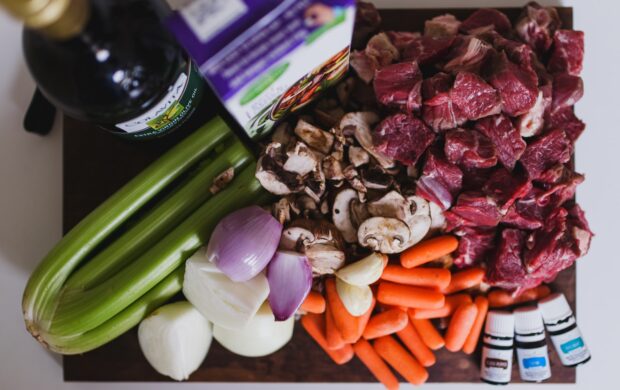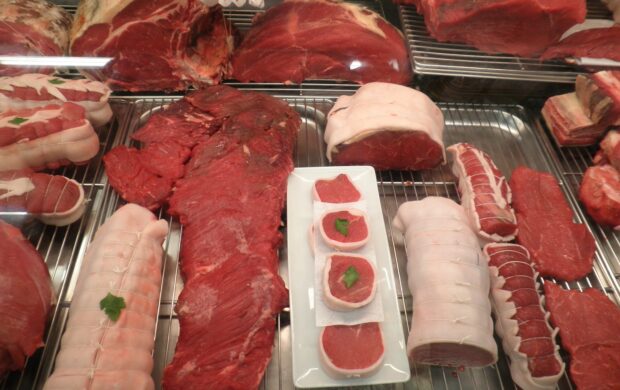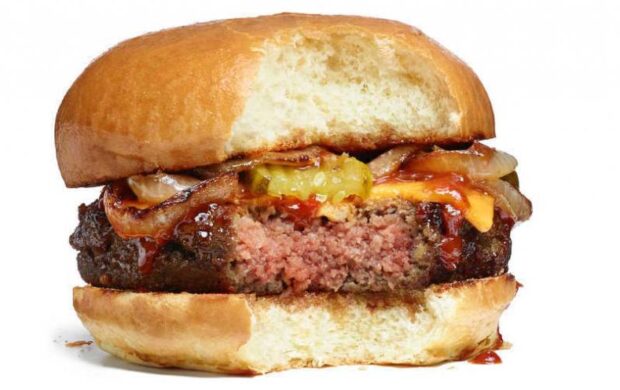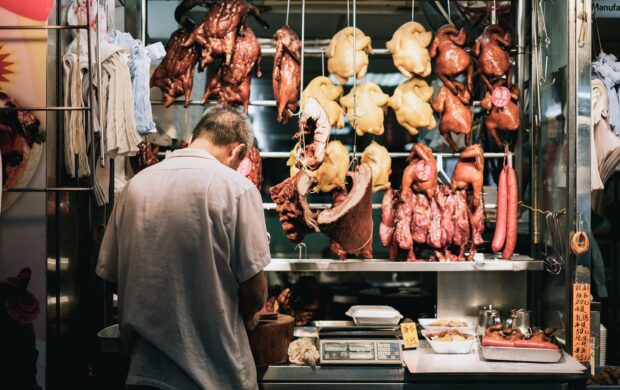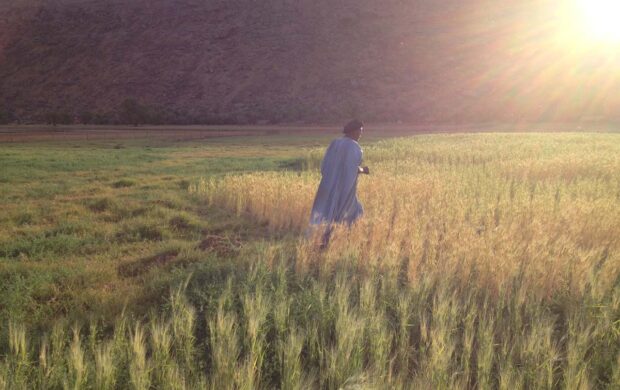On 6 Oct 2015, local people in Ahmednagar, Maharashtra, set a van on fire under rumour that 100 kilos of beef meat were loaded in the vehicle. The previous week, a man was lynched in Uttar Pradesh’s Dadri on September 28 following rumours of storing and consuming beef; after which another truck driver in Srinagar, Kashmir was killed for on suspicion of cow slaughtering. The Dadri case grabbed national attention, with media, politicians, and the public bringing to the issue a variety of perspectives: religious, political and concern for the violation of rights.
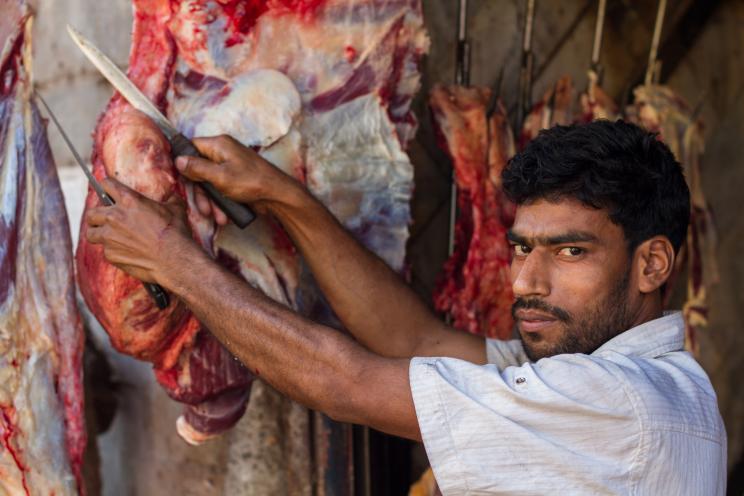
Violence has escalated following the ban on slaughter of bulls and bullocks under the Maharashtra Animal Preservation (Amendment) Act, which was strengthened in March 2015. Possession of beef is now fined with $158 and a 5-year jail term; a penalty as costly as possessing cocaine. In Gujarat, the consequences are even more severe, with a $770 fine and a 7-year jail term. A total of 26 Indian states have already banned cow slaughter, but there is no law which bans people from consuming beef, no central law that bans the possession of beef, and no uniform law across Indian states.
Image Credit: Adam Cohn / Flickr

